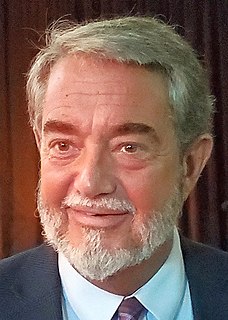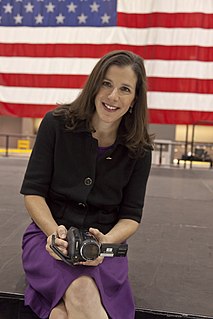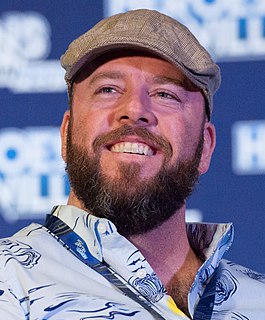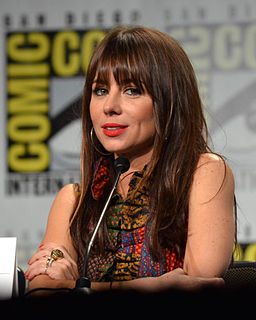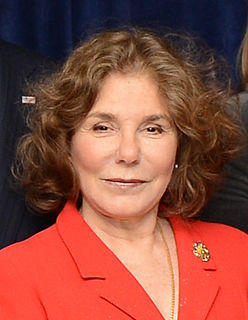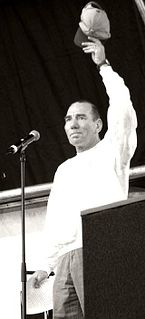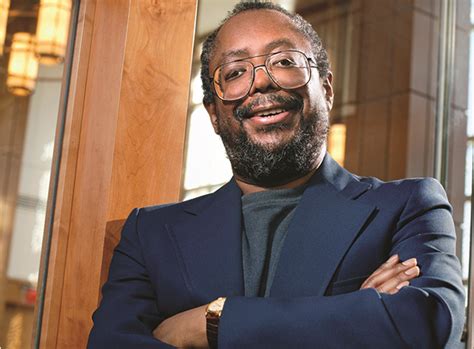A Quote by Scott Hahn
A joyless Catholic is the devil's best tool. A joyful Catholic is God's greatest instrument.
Related Quotes
I am Catholic but I want to say something to the Catholics. Thank you for some of the bishops who live in rural areas, and are still Catholic. These bishops of the Catholic churches still pray for the poor, and pray for their president who works for the poor, while the leaders of the Catholic Church only defend oligarchy.
During a frustrating argument with a Roman Catholic cardinal, Napoleon Bonaparte supposedly burst out: “Your eminence, are you not aware that I have the power to destroy the Catholic Church?” The cardinal, the anecdote goes, responded ruefully: “Your majesty, we, the Catholic clergy, have done our best to destroy the church for the last 1,800 years. We have not succeeded, and neither will you.”
I am Catholic, I was raised Catholic, I am a practicing Catholic. But I say we need to agree to disagree. We have a shared mission around poverty, and I focus on that, because we do a lot with the Catholic Church around poverty alleviation. I'm always looking for: what is the common thread? What do we care about? What do we believe in? We believe in women around the world. We believe in all lives have equal value.
